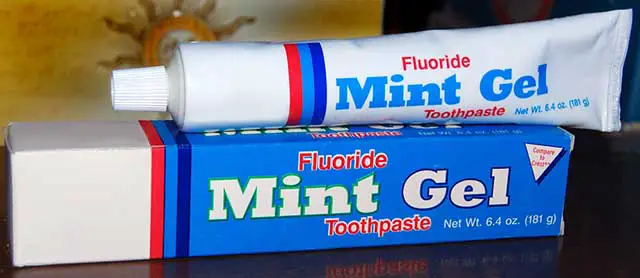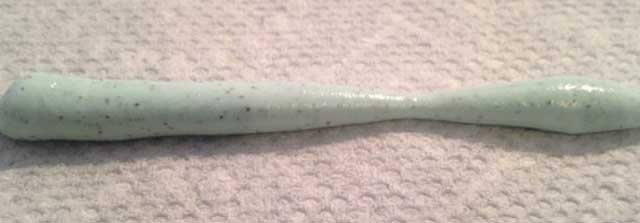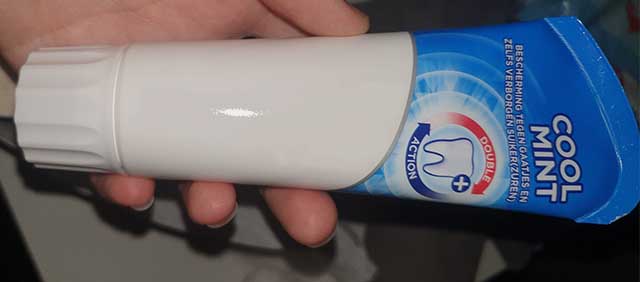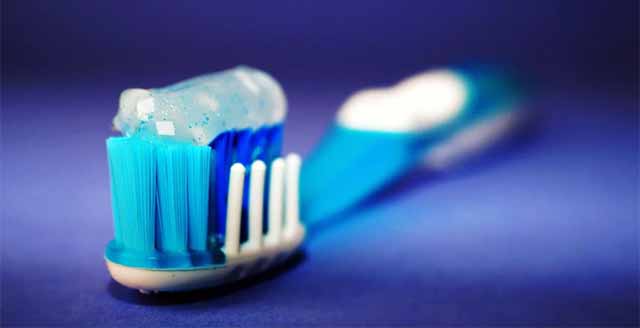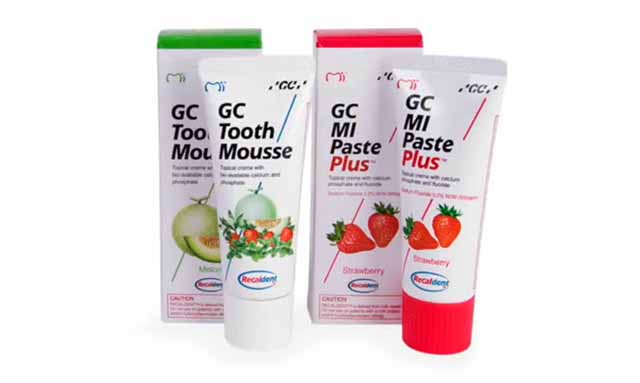Mint toothpaste is one of the most popular flavors of toothpaste that people love to have. It’s refreshing, invigorating, and it’s also one of the most effective flavors at hiding the taste of toothpaste. But for some people, mint toothpaste can be a real mouth-burner. If same thing happen to you, you may think, why does mint toothpaste burn my mouth?
You know there are a few reasons why mint toothpaste can cause a burning sensation in your mouth. One reason is you are allergic to the mint flavor. Another reason is that the mint toothpaste is too strong. When the mint flavor is too strong, it can irritate the tissues in your mouth, leading to a burning sensation.
In this article, we will take a deep dive into how mint toothpaste causes a burning sensation in your mouth and discuss other alternatives.
What Is Mint Toothpaste?
Mint toothpaste is a type of toothpaste that contains mint as an active ingredient. This is a refreshing and cooling herb with many oral health benefits.
Mint toothpaste can help freshen breath, soothe gums, and provide relief from tooth sensitivity. The minty flavor can help to cover up bad breath. Some people also find that mint toothpaste can help to freshen their mouth and make their teeth feel cleaner.
How Does Mint Toothpaste Burn My Mouth?
When you wake up and start your daily oral hygiene routine, the last thing you want is your toothpaste to cause you pain. But for some people, that’s exactly what happens!
Their mint toothpaste irritates the mucosa around the mouth and causes a burning sensation.
Mint toothpaste can cause a burning sensation in your mouth for several reasons. One is that if you are allergic to mint. This can happen when the oil from the mint plant comes into contact with the mucous membranes in your mouth, causing a reaction.
Another reason mint toothpaste might burn your mouth is that it’s simply too strong. When toothpaste is too abrasive, it can cause the sensitive tissues in your mouth to become irritated.
If you find that mint toothpaste burns your mouth, you can try switching to a toothpaste that doesn’t contain mint.
Is Mint Toothpaste Safe To Use?
Mint is a popular toothpaste flavor, and many wonder whether it is safe to use. The answer is yes, mint toothpaste is totally safe to use. In fact, mint can provide some important nutrients, soothe swelling, assist digestion, and kill germs.
Provides Nutrients
Mint is a good source of vitamins A and C and minerals like folate and iron. These nutrients are important for oral health. Vitamin A helps to keep teeth and gums healthy, while vitamin C is an antioxidant that helps to reduce inflammation.
Soothes Swelling
Mint toothpaste is a refreshing and cooling way to soothe your gums. It has anti-inflammatory properties, which can help reduce swelling. Mint is also an antioxidant, which can help repair your gums after damage.
Assists Digestion
Mint toothpaste is often thought of as a refreshing and cooling way to start the day. But do you know that it can also help with digestion? That’s right, Mint toothpaste can assist digestion with the secretion of bile and saliva, which can help protect against indigestion, gas, and bloating.
It can also help to relax the GI tissue, which can be helpful for those who experience other digestive issues like irritable bowel syndrome (IBS).
Kills Germs
Mint toothpaste is a safe and effective way to kill germs and promote oral health. It is a popular choice for many people because it is a natural antimicrobial agent. This means it can help to kill germs in the mouth and prevent them from causing problems.
Mint toothpaste can also help to increase saliva secretion, which can help to keep the mouth clean and debris free. In addition, mint toothpaste can act as a natural mouthwash, which can help to remove bacteria and other debris from the teeth and gums.
Is There A Toothpaste That Doesn’t Burn Your Mouth?
We all know that minty fresh feeling we get when we brush our teeth with toothpaste. But, if you’re sensitive to mint, or don’t like the taste of mint, there are other options for you. These are:
GC Tooth Mousse
GC Tooth Mousse is a non-minty toothpaste specifically designed for those who experience sensitivity to mint. This toothpaste uses a unique formula to help manage sensitivity and promote remineralization.
This toothpaste’s main ingredient is Recaladent, a tooth strengthener. This ingredient also helps to remineralize the teeth, which is important for overall dental health.
Archie Toothpaste
Archie Toothpaste is perfect if you are looking for a mint-free option. This toothpaste is also great for those who are looking for a toothpaste that contains fluoride, which is important for preventing cavities.
The toothpaste is gentle on your teeth and helps to remove plaque and tartar. It also helps to freshen your breath. Plus, it comes in a variety of delicious flavors, so you’re sure to find one you love.
Oranurse Unflavored Toothpaste
This toothpaste is perfect for those who are looking for a toothpaste that doesn’t contain mint. This is also non-foaming, which some people prefer. And it doesn’t contain SLS, a common ingredient in many toothpaste.
This toothpaste does contain fluoride, which is important for preventing cavities. Fluoride is a natural element found in many foods and water sources. It’s also added to many toothpastes to help prevent cavities.
OHS Plain Toothpaste
This toothpaste is mint-free and unflavored, so it’s perfect for those who are sensitive to mint or just prefer a milder taste. And because it contains fluoride, it can still fight cavities and help keep your teeth strong and healthy.
So, if you’re looking for a gentle, effective, and mint-free toothpaste, OHS Plain Mint free Toothpaste can be a great choice. Give it a try today and see for yourself!
FAQ
What is the mildest-tasting toothpaste?
Cleure is the mildest-tasting toothpaste. This is a mint and menthol-free toothpaste specially formulated to prevent dry mouth and reverse tooth decay in the initial stage. It is also safe for those with sensitive teeth and gums.
Does mint toothpaste whiten teeth?
Mint is a natural astringent, which means it can help to remove stains from your teeth. It also contains menthol, which gives it a refreshing taste and can help to keep your breath smelling fresh.
Sensodyne True White Mint toothpaste is specially formulated to help remove stains and give you whiter teeth. One of the Sensodyne mint toothpaste ingredients is fluoride which helps protect your teeth against cavities. It also has a special formula that helps to remove plaque.
What does it mean when toothpaste burns your mouth?
When a toothpaste burns your mouth, it’s probably because of the mint flavor. But, there are other ingredients in toothpaste that can cause a reaction. The most common allergen in toothpaste is sodium lauryl sulfate (SLS). SLS is a foaming agent that helps spread the toothpaste on the oral cavity. SLS can cause a reaction in people who are sensitive to it.
Conclusion
Mint toothpaste is a great way to start your day or end your night because it has a refreshing flavor that will wake you up or help you relax, depending on the time of day. But sometimes, it can cause a burning sensation in the mouth.
Based on the information above, I hope you know why mint toothpaste burns your mouth. If you have a mint allergy or the toothpaste is too strong, it can cause a burning sensation in your mouth.
If you experience a burning sensation after using mint toothpaste, it is recommended that you try another flavor or consult with your dentist to find the cause.
Also read – Toothpaste to Remove Scratches on Glasses

